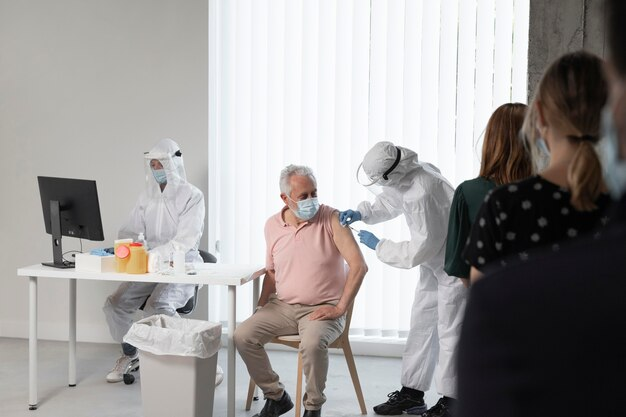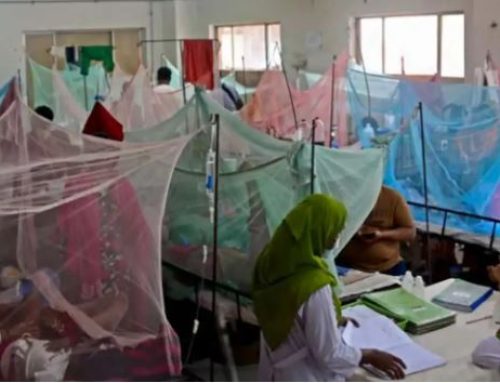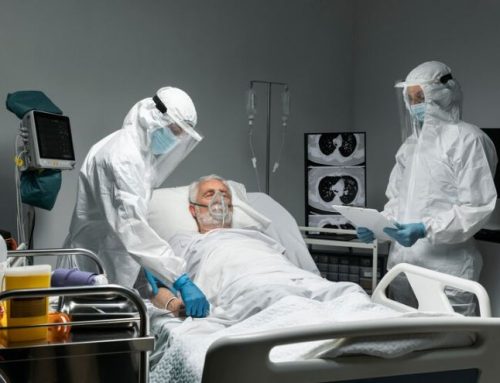Project Description
Author: Hawlader et al.
Summary:
Coronavirus Disease-2019 (COVID-19) quickly surged the whole world and affected people’s physical, mental, and social health thereby upsetting their quality of life. Therefore, we aimed to investigate the quality of life (QoL) of COVID-19 positive patients after recovery in Bangladesh. This was a study of adult (aged ≥18 years) COVID-19 individuals from eight divisions of Bangladesh diagnosed and confirmed by Reverse Transcription-Polymerase Chain Reaction (RT-PCR) from June 2020 to November 2020. Given a response rate of 60% in a pilot study, a random list of 6400 COVID-19 patients was generated to recruit approximately 3200 patients from eight divisions of Bangladesh and finally a total of 3244 participants could be recruited for the current study. The validated Bangla version of the World Health Organization Quality of Life Brief (WHOQOL-BREF) questionnaire was used to assess the QoL. Data were analyzed by STATA (Version 16.1) and R (Version 4.0.0). All the procedures were conducted following ethical approval and in accordance with the Declaration of Helsinki. The mean scores of QoL were highest for the physical domain (68.25±14.45) followed by social (65.10±15.78), psychological (63.28±15.48), and environmental domain (62.77±13.07). Psychological and physical domain scores among females were significantly lower than the males (p<0.001). The overall quality of life was lower in persons having a chronic disease. Participants over 45 years of age were 52% less likely to enjoy good physical health than the participants aged below 26 years (AOR: 0.48, CI: 0.28–0.82). The quality of life of employed participants was found 1.8 times higher than the unemployed (AOR: 1.80, CI: 1.11–2.91). Those who were admitted to hospitals during infection had a low QoL score in physical, psychological, and socials domains. However, QoL improved in all aspect except the psychological domain for each day passed after the diagnosis. These findings call for a focus on the quality of life of the COVID-19 affected population, with special emphasis given to females, older adults, unemployed, and people with comorbidities.
Status: Completed and published
Full text link: https://journals.plos.org/plosone/article?id=10.1371/journal.pone.0257421
Keywords: Coronavirus Disease-2019, COVID-19, Recovery, COVID-19 recovered, WHOQOL-BREF, Quality of life



